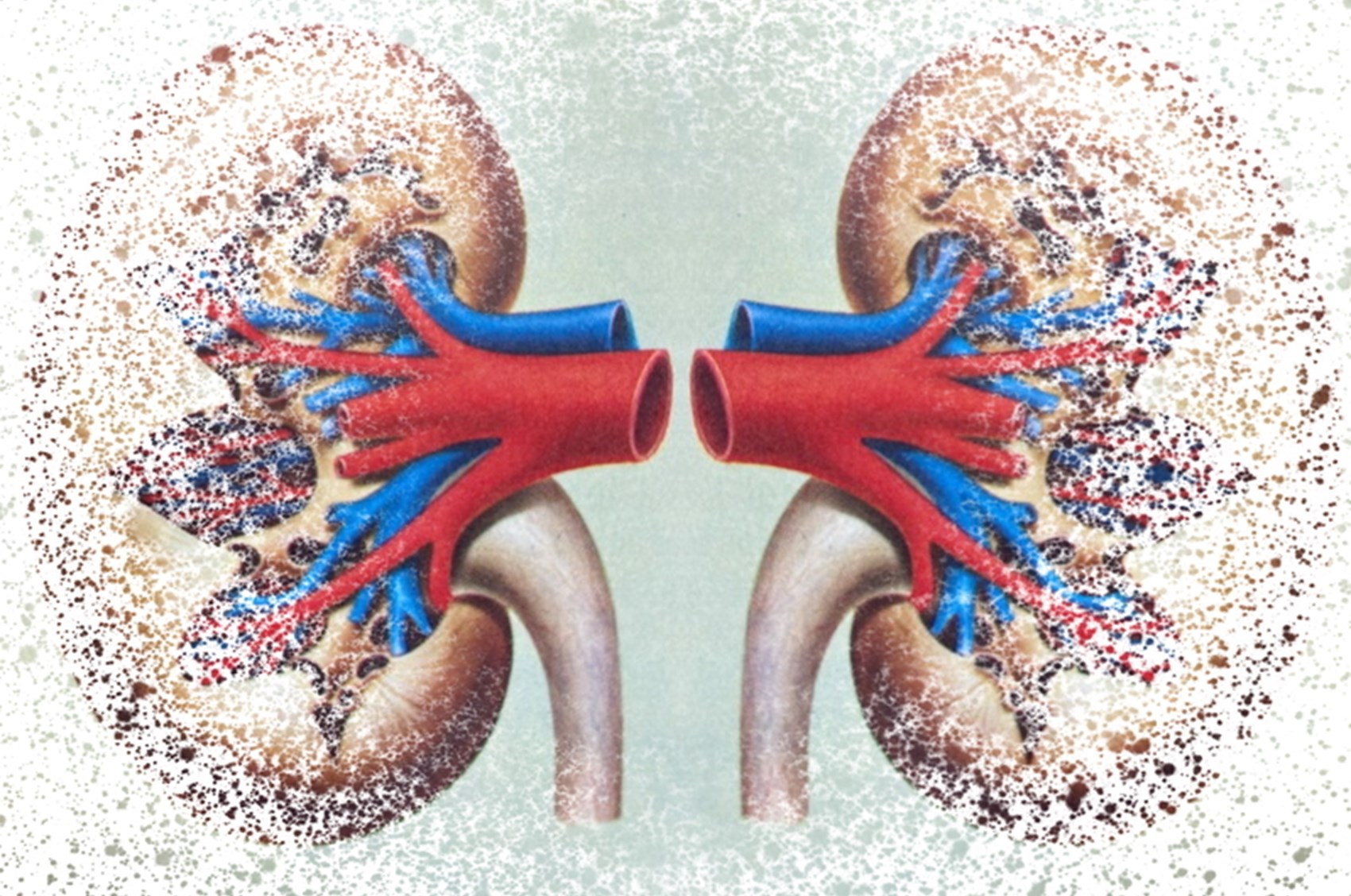
Kidney stones (urolithiasis) are common, with around 1 in 10 people getting them, usually between the age of 30 and 60. They can be very painful and if left untreated lead to infections and the kidneys to not function correctly.
For people with psoriasis, according to a recent study published in The Journal of Dermatology they are more prone to getting kidney stones than the general population. Although the study was relatively small with only 67 people with psoriasis, compared to 65 people never diagnosed with psoriasis. Stones were found in 13 people with psoriasis, versus only five within the control group. The conclusion from the researchers was that this is significant enough to consider that people with psoriasis were at greater risk, particularly those with more severe disease.
Of course, this was a small study and further investigation needs to be undertaken, but as with other studies, the picture of what is now called psoriatic disease is broader and more complicated than the skin manifestation suggest.
For information about the symptoms and how to manage kidney stones, visit the NHS website.
Source reference:
Relationship between psoriasis and urolithiasis: Oğuz ID, Oğuz U, Usta M, Kulaklı S, Tosun A, Demirelli E, Akşan B, Emecen Ö , Yüzüak E. First published: 12 December 2023 https://doi.org/10.1111/1346-8138.17058
